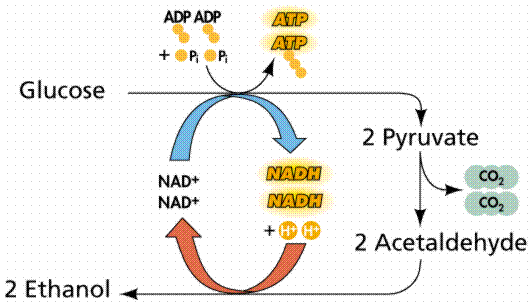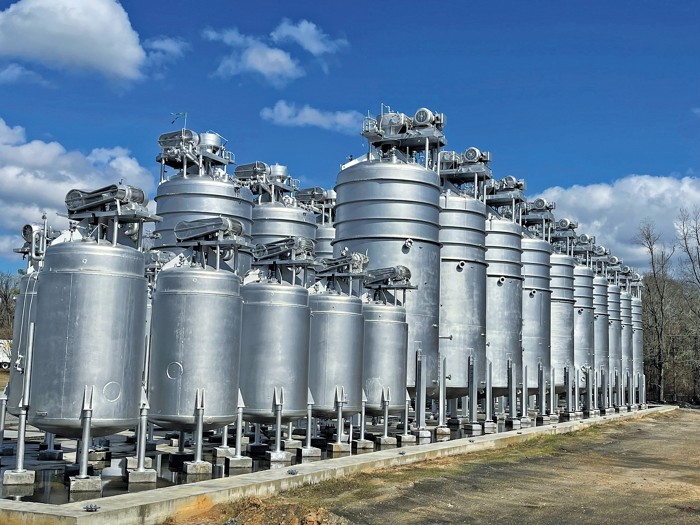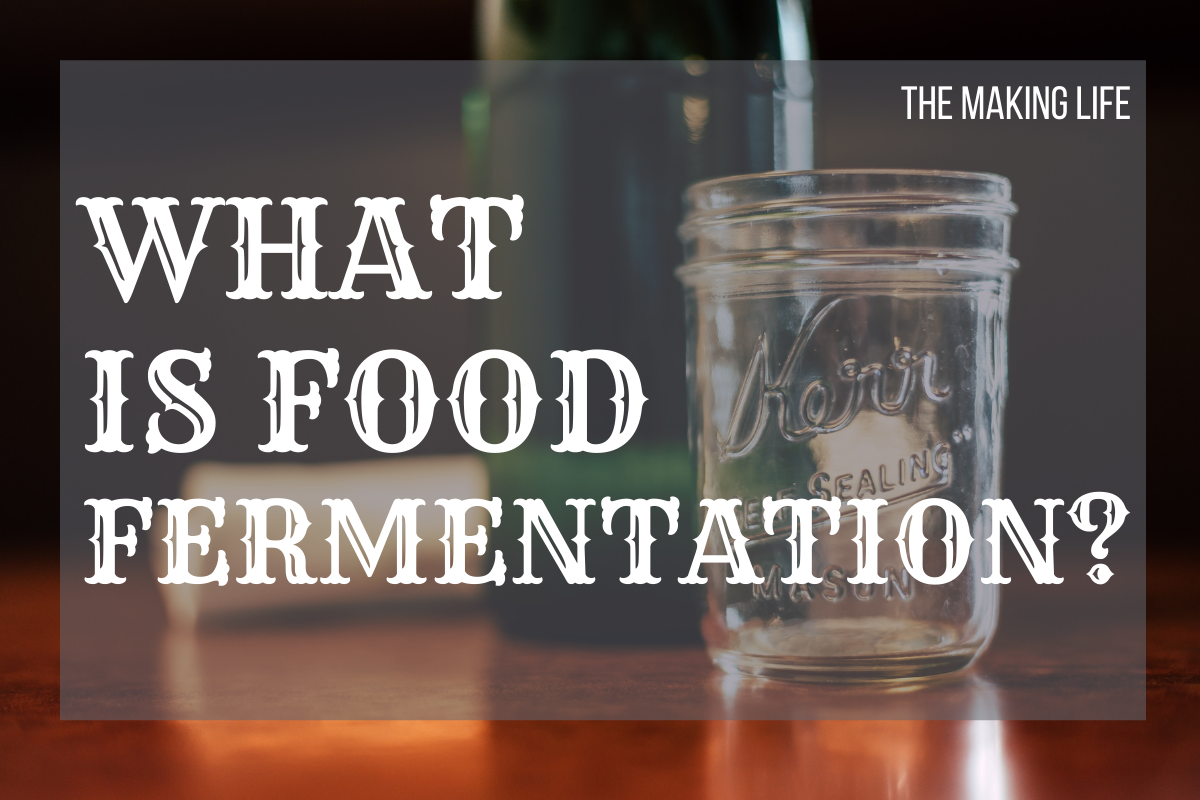Fermentation, Free Full-Text
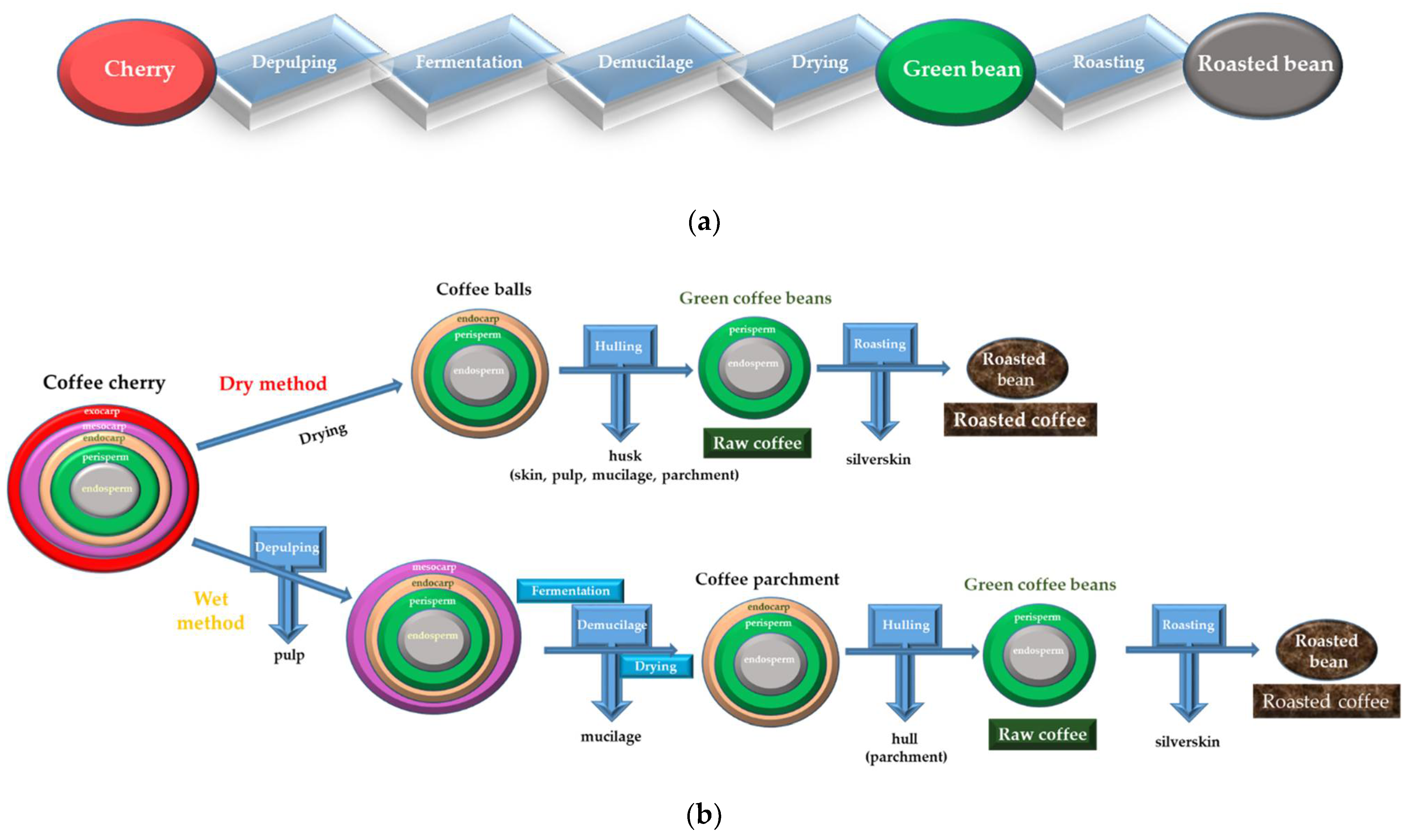
Coffee is one of the most consumed beverages in the world, and its popularity has prompted the necessity to constantly increase the variety and improve the characteristics of coffee as a general commodity. The popularity of coffee as a staple drink has also brought undesired side effects, since coffee production, processing and consumption are all accompanied by impressive quantities of coffee-related wastes which can be a threat to the environment. In this review, we integrated the main studies on fermentative yeasts used in coffee-related industries with emphasis on two different directions: (1) the role of yeast strains in the postharvest processing of coffee, the possibilities to use them as starting cultures for controlled fermentation and their impact on the sensorial quality of processed coffee, and (2) the potential to use yeasts to capitalize on coffee wastes—especially spent coffee grounds—in the form of eco-friendly biomass, biofuel or fine chemical production.
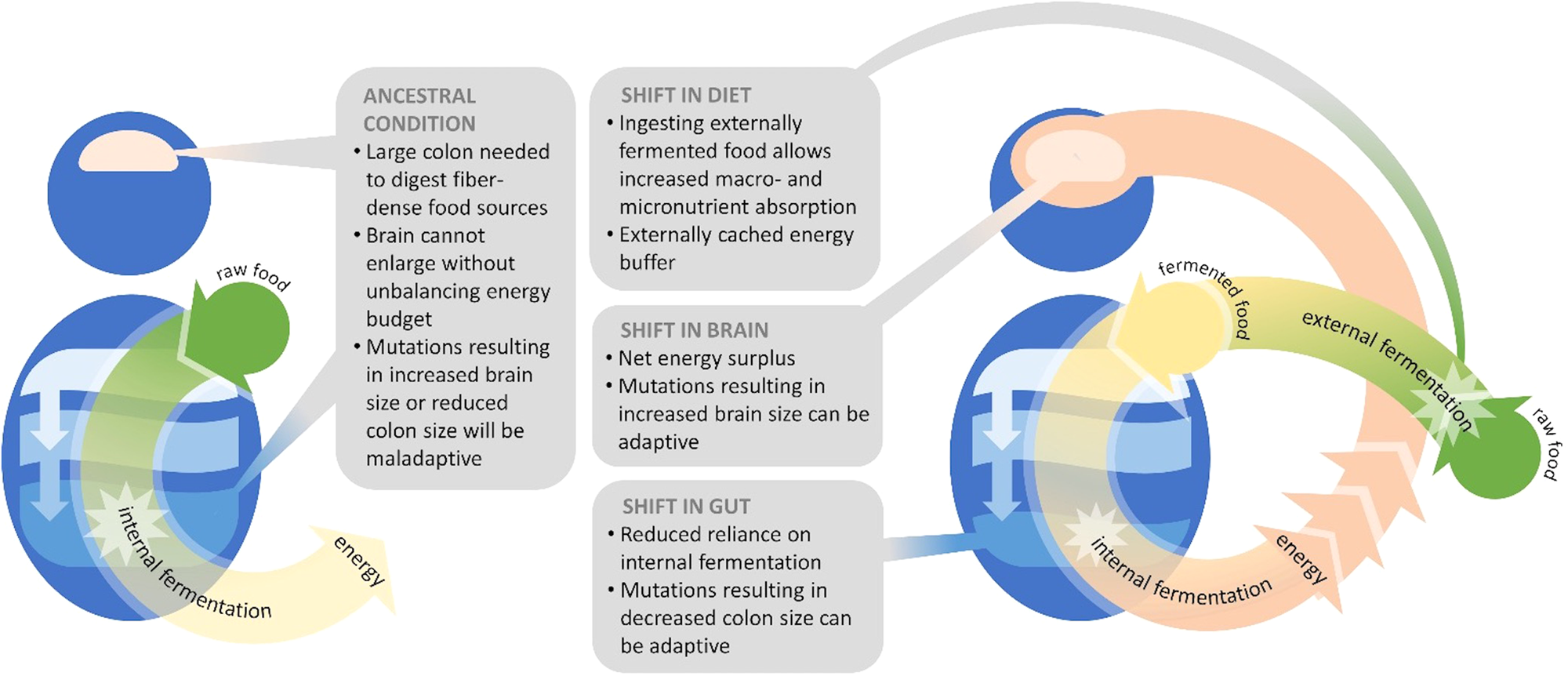
Fermentation technology as a driver of human brain expansion

SOLUTION: Blueprint fermentation technology - Studypool

Rheo-fermentation properties of bread dough with different gluten
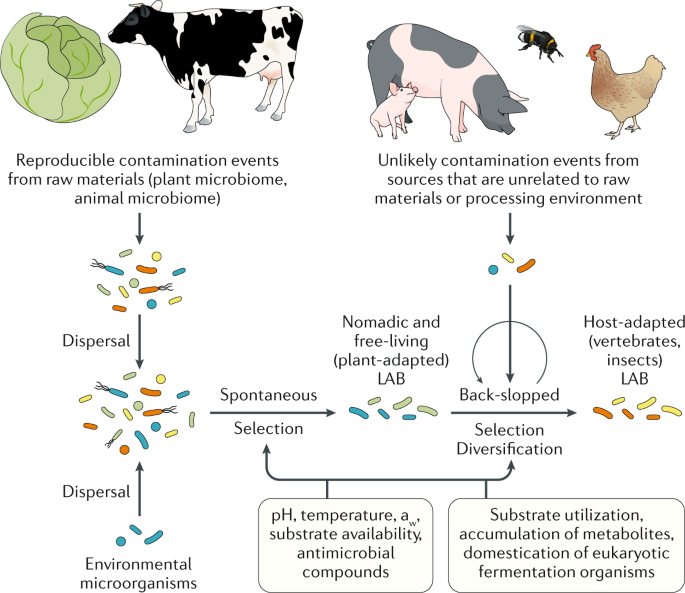
The International Scientific Association for Probiotics and

A New Model of Alcoholic Fermentation under a Byproduct Inhibitory
In vitro ruminal fermentation of organic acids common in forage

Microbial Fermentation of Polyethylene Terephthalate (PET) Plastic

Acetone-free biobutanol production: Past and recent advances in

Solid state lactic acid fermentation: A strategy to improve wheat
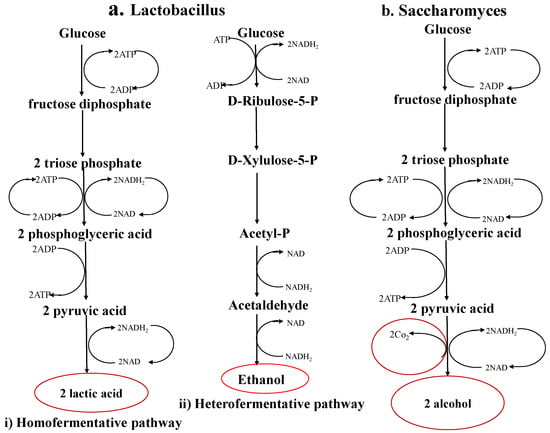
Microbial Fermentation and Its Role in Quality Improvement of
Nutrients, Free Full-Text
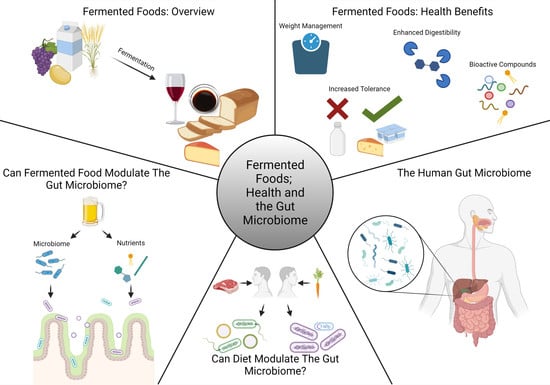
Nutrients, Free Full-Text
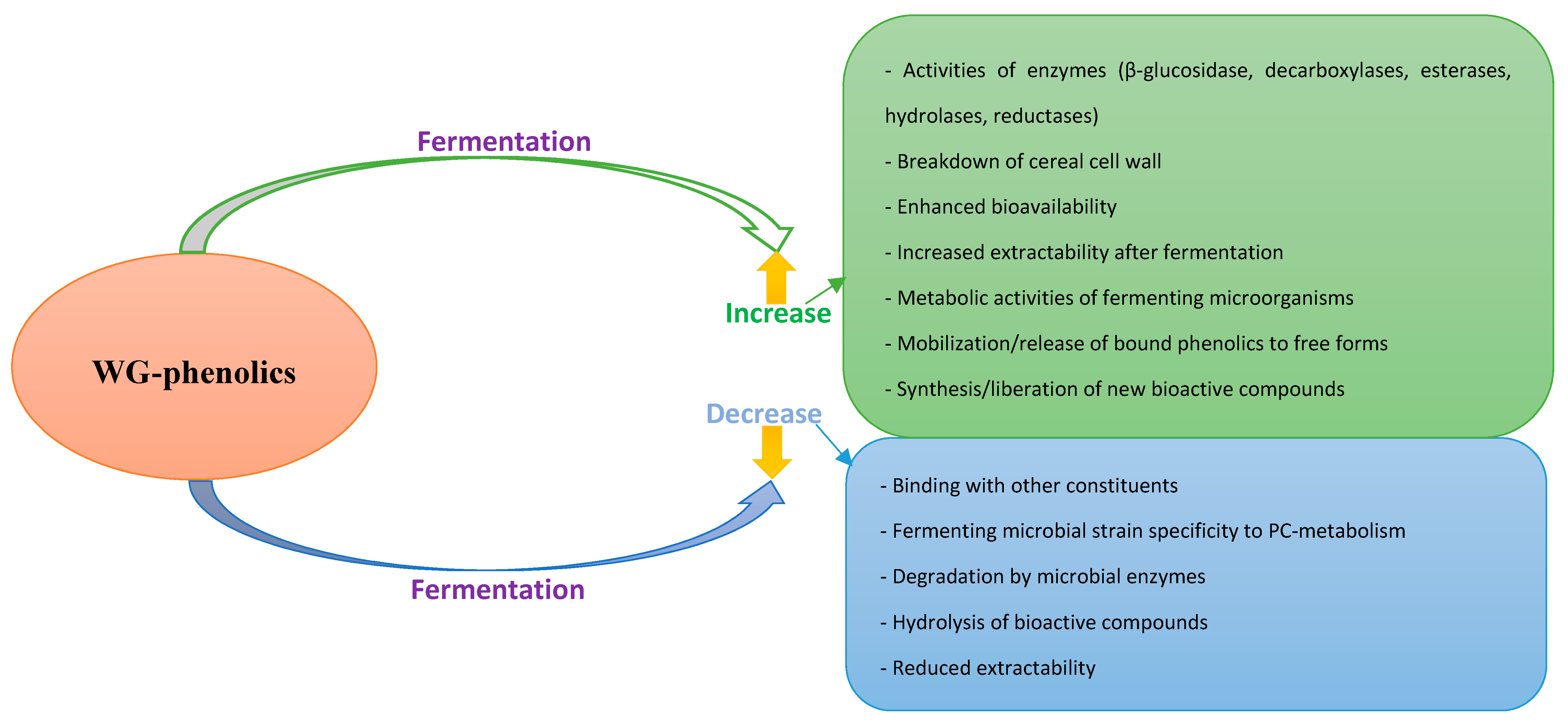
Molecules, Free Full-Text






